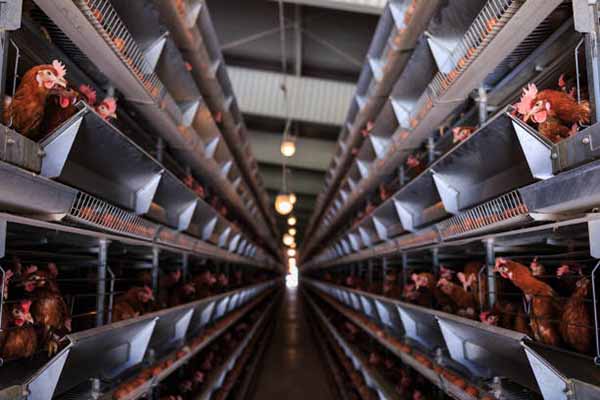Successful Poultry Farm Guide in South Africa
Understanding the Basics of Poultry Farming in South Africa
Poultry farming has become a lucrative industry in South Africa, offering a wide range of opportunities for both small-scale and large-scale operations. To ensure the success of your poultry farm, it’s essential to understand the basics and invest in the right equipment. Below are key aspects to consider when starting or expanding a poultry farm in South Africa.
1. Choosing the Right Breed
The choice of poultry breed is crucial for your farm’s success. South Africa has a favorable climate for various poultry breeds. Here’s a quick overview:
- Laying Hens: Rhode Island Reds, Brown Leghorns, and White Leghorns are popular choices for their high egg-laying capacity.
- Broiler Chickens: Ross, Cornish, and Hubbard are common breeds due to their fast growth rate and high meat yield.
2. Selecting Poultry Farming Equipment
Quality equipment is essential for the efficient operation of your farm. Consider the following:
- Poultry Houses: Well-ventilated, predator-proof, and suitable for the size of your flock.
- Automated Chicken Cages: These enhance the comfort of the chickens and reduce labor costs.
- Feeding Systems: Automated feeders ensure that chickens receive the right amount of feed at the right time.
- Watering Systems: Automated drinker systems maintain proper hydration and prevent diseases.
According to a recent report by the South African Poultry Association, farms that use automated equipment see an average of 20% higher productivity compared to those using traditional methods.
3. Nutritional Management</h balanced nutrition is critical for healthy chickens and high productivity. Here are some key points to consider:
- Feeds: Ensure that your chickens have access to a balanced diet that meets their nutritional requirements.
- Supplements: Vitamins and minerals may be added to the feed to prevent deficiencies.
- Regular Testing: Monitor feed quality and conduct regular nutrient analysis to ensure the right balance.
4. Biosecurity Measures
To prevent diseases, it’s crucial to implement biosecurity measures. Here’s a simple checklist:
- Regular cleaning and disinfection of the farm.
- Restricting access to visitors and limiting the movement of vehicles on the farm.
- Isolating new birds from the rest of the flock.
5. Marketing and Distribution
A successful poultry farm not only produces high-quality products but also effectively markets and distributes them. Consider the following:
- Building strong relationships with local retailers and distributors.
- Expanding into new markets to diversify your customer base.
- Adopting innovative marketing strategies to promote your products.
To prevent diseases, it’s crucial to implement biosecurity measures. Here’s a simple checklist:
- Regular cleaning and disinfection of the farm.
- Restricting access to visitors and limiting the movement of vehicles on the farm.
- Isolating new birds from the rest of the flock.
5. Marketing and Distribution
A successful poultry farm not only produces high-quality products but also effectively markets and distributes them. Consider the following:
- Building strong relationships with local retailers and distributors.
- Expanding into new markets to diversify your customer base.
- Adopting innovative marketing strategies to promote your products.
In conclusion, establishing a successful poultry farm in South Africa requires careful planning, quality equipment, and effective management. By following these guidelines, you can maximize your farm’s productivity and profitability.
Conclusion
As a professional SEO expert, we understand the importance of reliable equipment and strategic planning for your poultry farm. At Livi Mechanical, we offer comprehensive poultry farming solutions, including free design plans and equipment quotes. Don’t hesitate to reach out to us for expert advice and tailored solutions.





